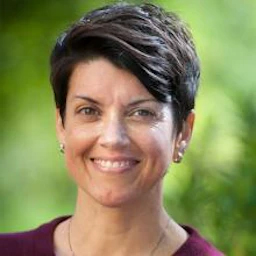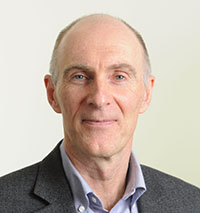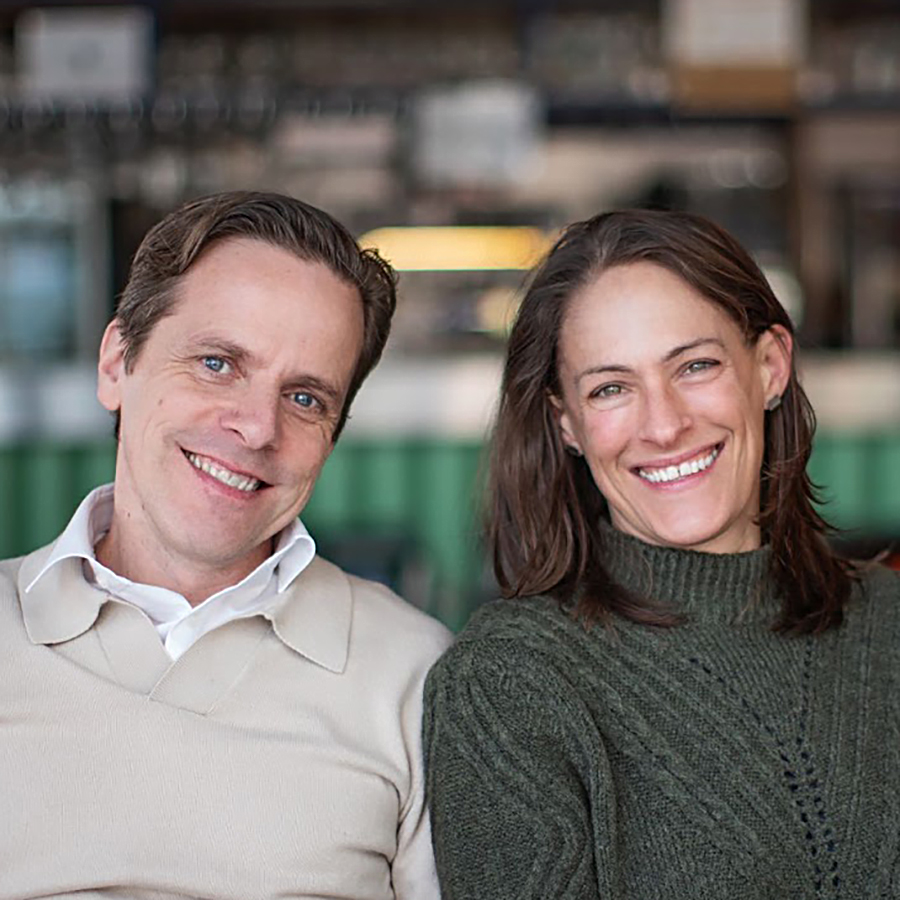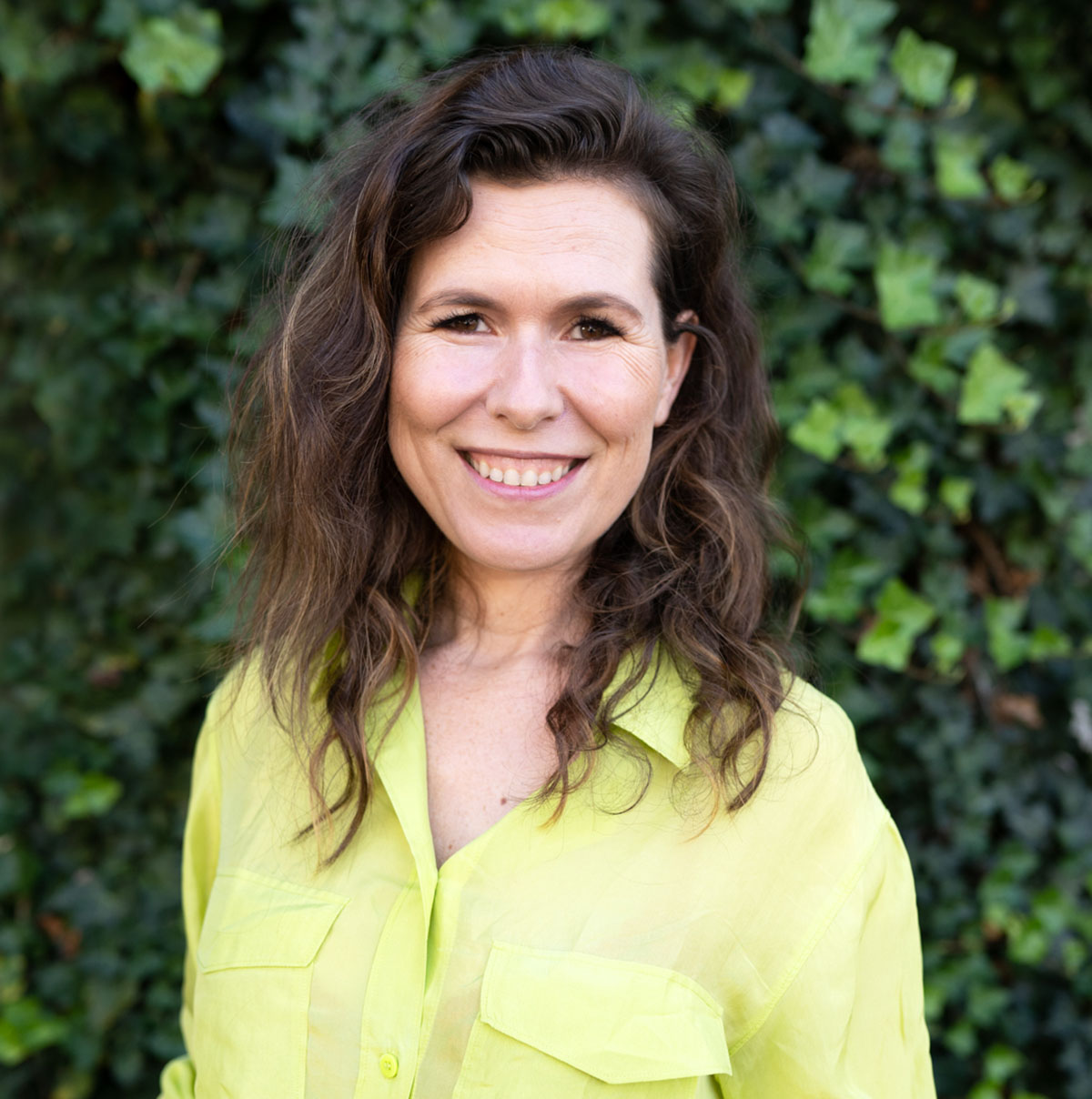July 1-5, 2024
Brussels, Belgium
EdMedia Keynote & Invited Speakers
Keynote & Invited Speakers
Tuesday, July 2
High-Impact Practices in the Digital Age: Leveraging Technology to Deepen Learning and Enhance Engagement
Ashley Finley
 Vice President for Research and Senior Advisor to the President, American Association of Colleges and Universities (AAC&U)
Vice President for Research and Senior Advisor to the President, American Association of Colleges and Universities (AAC&U)
Abstract: Highly effective pedagogies, commonly referred to as high-impact practices, are not new. Individually, and in combination, these practices have long been known to hold tremendous potential for advancing student learning, development, and success. However, in an era of rapidly expanding digital resources, technology represents a new frontier in how we think about the implementation and execution of high-impact practices. This keynote will undertake a holistic exploration of the intersections of technology across a number of high-impact practices. Audience members will be invited to consider both the promising opportunities and cautionary considerations for leveraging technology across pedagogies, modalities for learning, and campus/community engagement. We will also consider the ways in which technology opens possibilities for the creation of the next generation of high-impact practices.
Bio: Ashley Finley is the Vice President for Research and Senior Advisor to the President at the American Association of Colleges and Universities (AAC&U). She was previously associate vice president for academic affairs and founding dean of the Dominican Experience at Dominican University of California and national evaluator for Bringing Theory to Practice. Currently, Dr. Finley oversees AAC&U’s research agenda through the coordination of projects and reports on pressing issues in higher education. She also advises on strategic initiatives to support member campuses. Dr. Finley’s campus engagements focus on aligning learning outcomes, vocational exploration, and assessment with students’ holistic development and equity goals. Her publications include: The Career-Ready Graduate: What Employers Say About the Difference College Makes;A Comprehensive Approach to Assessment of High-Impact Practices; and The Effects of Community-Based and Civic Engagement in Higher Education: What We Know and the Questions that Remain. Finley received a BA from the University of Nebraska-Lincoln and an MA and PhD, both in sociology, from the University of Iowa.
Wednesday, July 3
“Future Learning: Designing Innovative Learning and Teaching for a World of Social Generative AI”
Mike Sharples
 Emeritus Professor of Educational Technology at The Open University UK
Emeritus Professor of Educational Technology at The Open University UK
Abstract: The growth of Generative Artificial Intelligence is following a similar path to the World Wide Web: research, breakthrough, integration into workplace tools, development of apps. For the Web, the next major development was social media and services. I suggest we will soon see the emergence of “social generative AI” – AI systems interacting with humans and with other AI tools in complex social networks. Social Generative AI will have profound implications. In education it will offer new roles for AI as a conversational partner and collaborator; it will break down language barriers and connect people across cultures. However, it may also erode trust in information and create networks of interacting machines beyond human control. My talk will cover pedagogy-informed design at scale. I will propose we design future education that is not only effective and ethical but also caring and founded on good pedagogy.
Bio: Mike Sharples PhD, SMIEEE is Emeritus Professor of Educational Technology at The Open University, UK. He gained a PhD from the Department of Artificial Intelligence, University of Edinburgh on Cognition, Computers and Creative Writing. His expertise involves human-centred design and evaluation of new technologies and environments for learning. He provides consultancy for institutions worldwide including UNESCO, UNICEF, universities and companies. As Academic Lead for FutureLearn.com he led pedagogy-informed design of the open learning platform. He is an Associate Editor of the International Journal of Artificial Intelligence in Education. He is author of over 300 published papers in the areas of educational technology, learning sciences, science education, human-centred design of personal technologies, artificial intelligence and cognitive science. His recent books are Practical Pedagogy: 40 New Ways to Teach and Learn and Story Machines: How Computers Have Become Creative Writers both published by Routledge, and An Introduction to Narrative Generators, published by Oxford University Press.
Thursday, July 4
The Potential and Risks of AI in Education: “How Can I Help You Today?”
Sarah K. Howarda and Jo Tondeurb
aSchool of Education, University of Wollongong, Wollongong, Australia; bMultidisciplinary Instute of Teacher Education, Vrije Universiteit Brussel, Brussels, Belgium
Abstract: Artificial intelligence has been an exciting and confusing addition to education. While it has been around for awhile, recently it has been rapidly flowing into schools with new promises and new risks. As such, the pressure on teachers to adopt AI in their educational practice is growing without clear evidence of benefit or understanding of impact. A significant contributor to this issue has been educational technology companies providing digital AI ‘solutions’ for educational problems. Educational problems, such as teachers’ time to write lesson plans and/or provide feedback on assessments, have been positioned having clear costs, such as limiting time teachers can spend with students and affecting learning. New AI tools are positioned as the solution, but what are the risks? Little is known about the educational impact of AI, the costs of adoption, such as time, capability, relation to learning. The keynote proposes to explore educational claims made about the educational potential of AI, together with a combined walk-through and risk analysis approach. Our aim is to provide a critical view into the potential of AI for teaching and learning and teachers’ roles in AI integration. We hope to provide some insight into the positioning of perceived risks and opportunities in the adoption of AI ‘solutions’ and ‘how AI can help you today!’
 Short bios: Sarah Howard works in the area of Digital Technologies in Education, at the University of Wollongong in Australia, and is a guest professor at the Vrije Universiteit Brussel. She is the Education Lead in the SMART Infrastructure Facility and a full-member of the Early Start Research Institute. Her research looks at technology-related change in education, specifically teacher practice and integration in learning. The driving question of her research is: how can we help teachers best use digital technologies to support what they value in learning? A key focus of this work is experimenting with new approaches, technologies and multimodal data to observe the classroom and explore digital technology integration, with the aim of conducting research that is meaningful and useful in practice.
Short bios: Sarah Howard works in the area of Digital Technologies in Education, at the University of Wollongong in Australia, and is a guest professor at the Vrije Universiteit Brussel. She is the Education Lead in the SMART Infrastructure Facility and a full-member of the Early Start Research Institute. Her research looks at technology-related change in education, specifically teacher practice and integration in learning. The driving question of her research is: how can we help teachers best use digital technologies to support what they value in learning? A key focus of this work is experimenting with new approaches, technologies and multimodal data to observe the classroom and explore digital technology integration, with the aim of conducting research that is meaningful and useful in practice.
Jo Tondeur is at the Vrije Universiteit Brussel and guest professor at the University of Wollongong. Prior to academia he was a teacher across various levels of schooling. His research interests are in the field of educational innovation, technology use, online and blended learning, and professional development. Most of his current research focuses on the interplay between (ICT) innovations and pre/in-service training and how this can be associated with teacher and school characteristics. To present how these themes relate, the SQR-model was developed, focusing on strategies to prepare teachers for ICT integration. As a lecturer of Instructional Design he is also committed to finding solutions to real problems by setting up design research. Moreover, Jo Tondeur is also exploring how ICT restructures the classroom as a spatial setting and the influences this has on pedagogical choices. For info and papers see https://www.researchgate.net/profile/Jo_Tondeur
Friday, July 5
“Empowering Learners with Personalized Education: Bridging Human Touch and Technology”
Lieselot Declercq
 Co-founder & Director of d-teach online training, d-teach online school, ICONS (international community of online schools)
Co-founder & Director of d-teach online training, d-teach online school, ICONS (international community of online schools)
Abstract: In an increasingly interconnected world, the call for education systems that cater to the diverse needs of learners has never been more pressing. This presentation aims to address the critical need for personalized learning within the global education landscape. By leveraging the d-teach online case alongside other innovative practices, we will explore the profound impact of tailored education on developing world citizens who are prepared for the complexities of the future. Central to our exploration will be the transformative role of technology in personalizing education. From artificial intelligence to collaborative tools, we’ll provide practical insights on how these technologies can be harnessed to customize learning experiences, assess progress in real-time, and facilitate meaningful connections among educators and learners across the globe.
Bio: Lieselot Declercq is co-founder & director of d-teach online training, d-teach online school, ICONS (international community of online schools) & the international ‘AI awards for education’. Lieselot has over 18 years of experience in various sectors of education. She holds a teacher’s degree, a MSc in pedagogical sciences at Ghent University, a MSc in educational sciences at the Open University, certificates ‘digital transformation’ at Vlerick, ‘international relations & diplomacy’ at UA and ‘Artificial Intelligence: Implications for business strategy’ at MIT. She is industrial promotor for PhD-research and is PhD-student on ‘AI: Virtual and human teachers for professional development” in collaboration with Ghent University and Microsoft. Lieselot is member of the board of Directors of Agoria Flanders, Patron of Europe101, Fellow of Belgium’s 40 under 40 and Female Edtech Fellow Europe.



